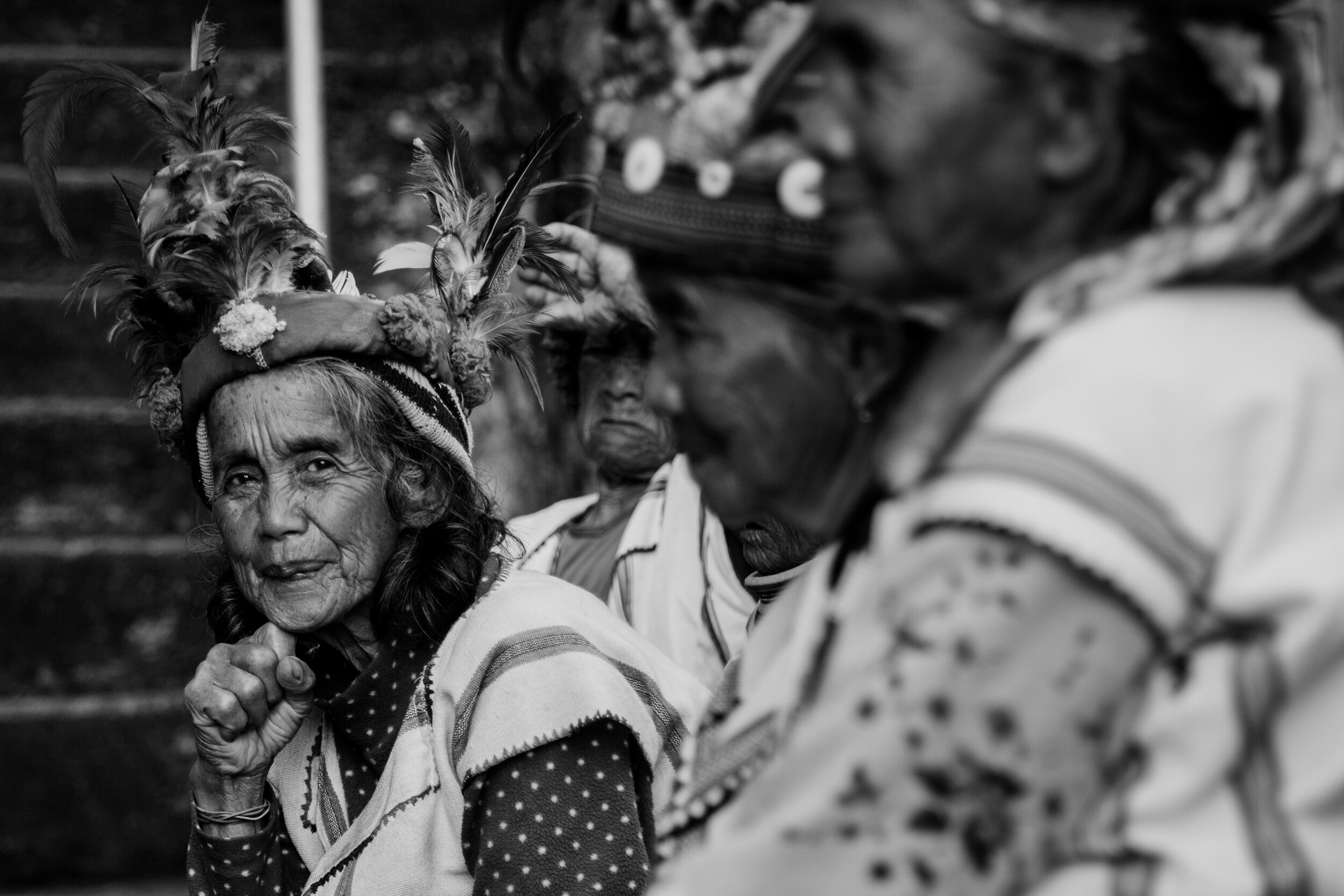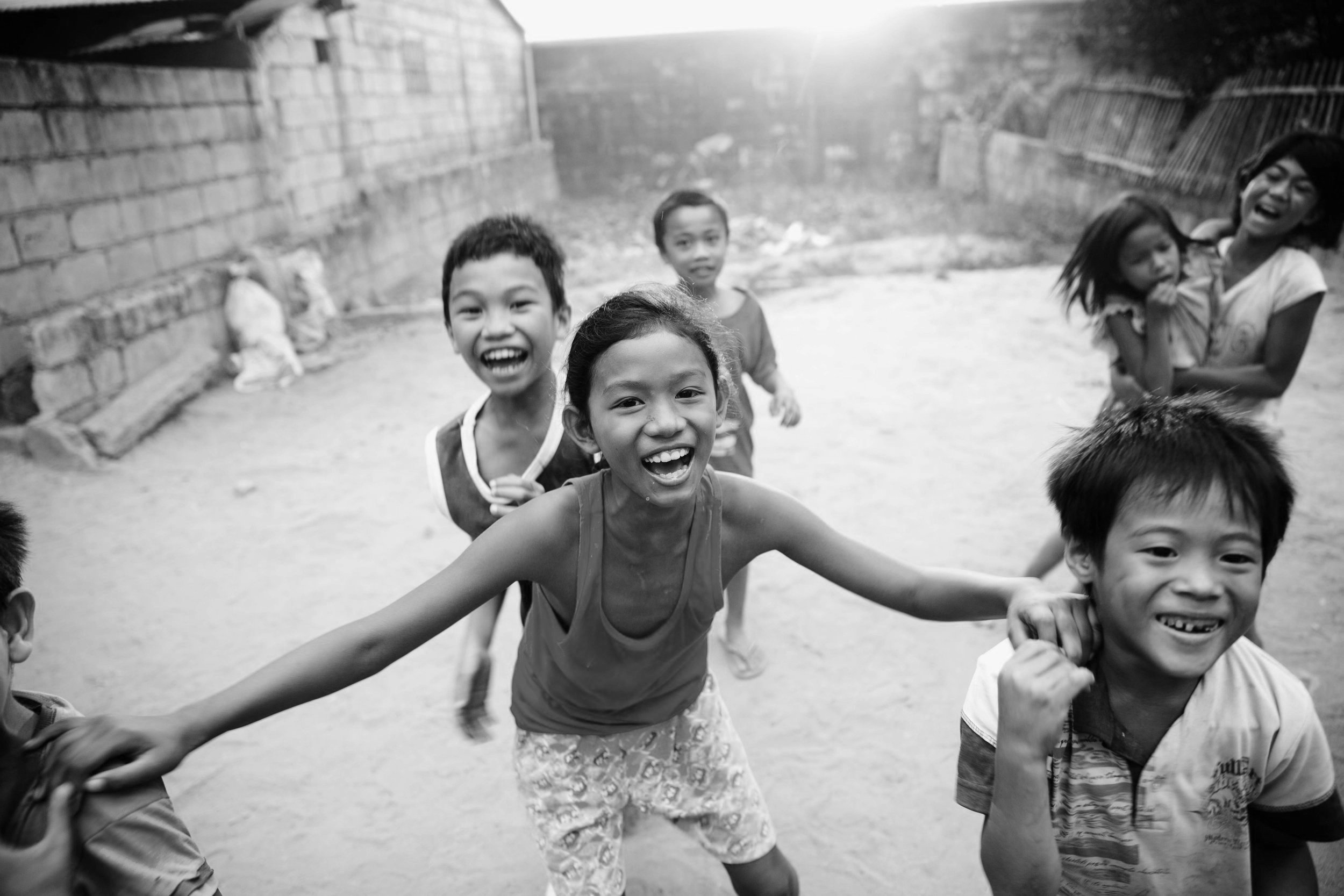“Kapwa is a recognition of a shared identity, an inner self, shared with others. This Filipino linguistic unity of the self and the other is unique and unlike in most modern languages. Why? Because implied in such inclusiveness is the moral obligation to treat one another as equal fellow human beings. If we can do this – even starting in our own family or our circle of friends – we are on the way to practice peace. We are Kapwa People.”
— Professor Virgilio Enriquez, founder of Sikolohiyang Pilipino.

Photo by Ivan Torres on Unsplash
Our history and culture as Filipinos is layered and complex. Our native land, indigenous heritage and diverse culture has endured centuries of oppression from colonization, occupation, political instability, capitalist oppression, systemic corruption and fragile democracies.
We have been divided by political, socioeconomic, racial and geographic lines.
What remains is kapwa.
When we meet each other, outside of the Philippines, we are kababayan. When we connect , we become kaibigan. When we are travel together, we are kasama.
Pakikipagkapwa is to see oneself in the other and to recognize our shared identity.
Kapwa is a core value of Sikolohiyang Pilipino or Filipino psychology, and at the center of our storytelling mission.
